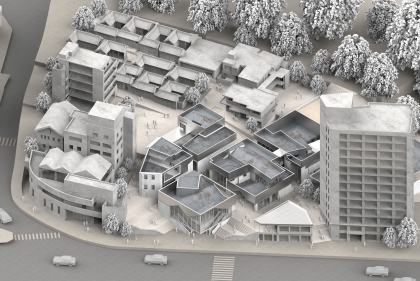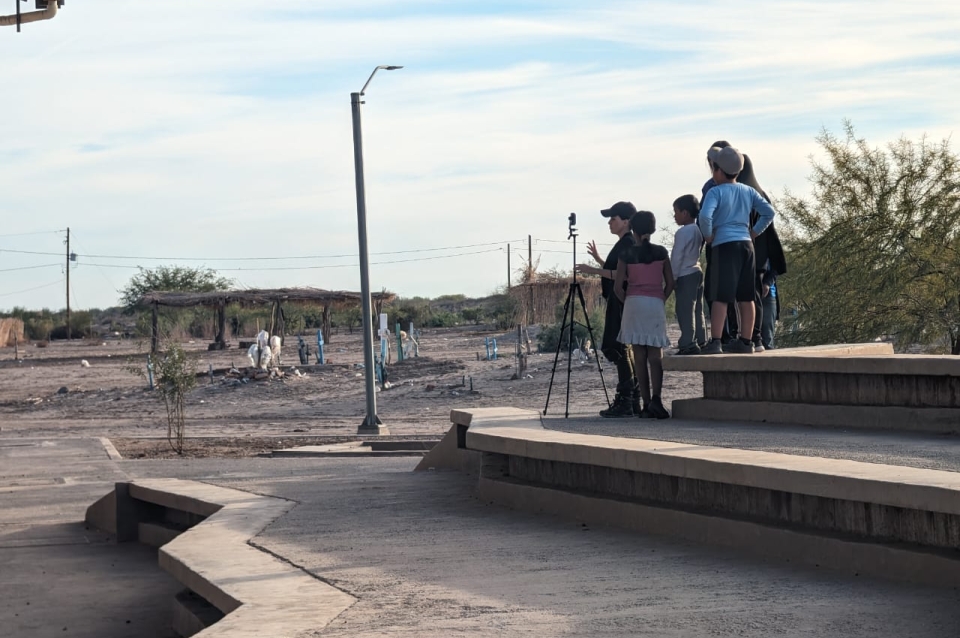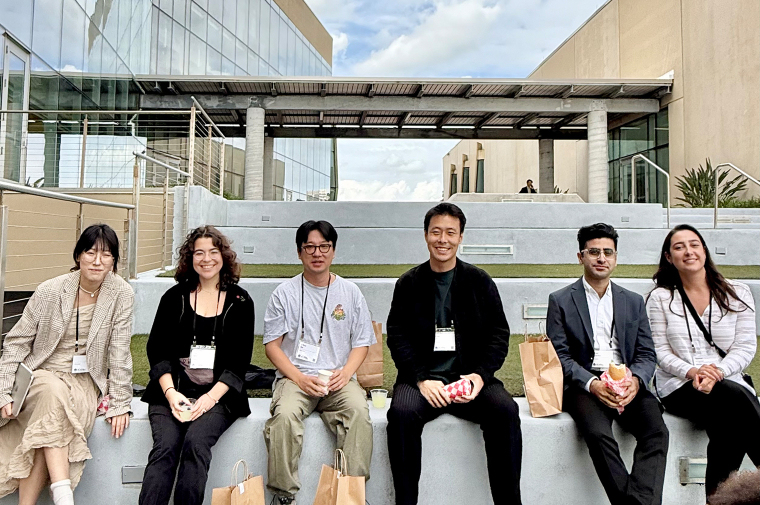April 5, 2024
Stuart Weitzman School of Design
102 Meyerson Hall
210 South 34th Street
Philadelphia, PA 19104
Get the latest Weitzman news in your Inbox
Alejandra Romo is a PhD candidate in Architecture. Her doctoral research titled "Rebuilding the Water Commons: State-Led Landscape Reclamation, Social Infrastructure, and Spatial Justice in Mexico" investigates the transformative potential of state-led landscape reclamation projects, encompassing the construction of social infrastructure, within Mexico's evolving water crisis. Through an analysis of three emblematic case studies, it explores the interplay of architecture, politics, and the environment in pursuit of fostering resilience and spatial equity in marginalized communities. By examining the negotiation processes, challenges, and outcomes of these projects, the research aims to uncover both pathways and obstacles towards more resilient and equitable socio-ecological futures amidst precarious socio-political landscapes in Mexico.
Between August 2023 and February 2024, she conducted site studies for her research in the following locations: Pitahaya (Sonora State), Vicam (Sonora State), Loma de Bacum (Sonora State), Temacapulin, Palmarejo & Acasico (Jalisco State), Azcapotzalco (Mexico City), Texcoco (Mexico State), Villahermosa (Tabasco State), and Bacalar (Quintana Roo State).
When asked to speak about her insights on conducting primary source investigations of the built infrastructure in economically disenfranchised communities in Mexico, Alejandra noted three important challenges: the need for consistent but flexible research methods, issues of representation and the question of reciprocity. Understanding the tensions and conflicts which are part of the complex and dynamic reality of public space construction requires flexibility not only to adapt to unforeseen spatial and social circumstances but to allow for different voices and their social practices to find representation in space. In this way, the research methodology encompasses four distinct interview formats: semi-structured interviews with community actors, unstructured discussions with residents during guided public space walks, semi-structured interviews with key municipality staff and builders, and casual conversations in the neighborhoods. Each of these approaches facilitated a consistent line of inquiry while allowing flexibility to adapt to the specific context encountered during fieldwork.
In terms of representation, this research has yielded interesting lessons. For example, not all participants are willing to participate as expected, while others can be over-enthusiastic and vocal. Understanding and mapping the community’s social structures and their relationship to the production of space proved to be an important part of the process to identify and elicit those voices which should not remain underrepresented. Issues of representation can also arise due to the socioeconomic distance between researcher and participants. Along the same lines, sensitive themes such as political interests or family difficulties may require confidentiality and meticulous sensibility. Negotiating these complexities required a careful approach to ensure the accurate portrayal of individuals' voices and experiences.
Finally, the question of reciprocity arises as to how to make a genuine contribution to community members for their effort, their time, and their help. This is a difficult matter with no single or simple answers. Efforts were made during field work to provide small acts of reciprocity such as sharing research summaries, photographs, facilitating ongoing dialogue, and not showing up empty-handed when being welcomed into someone’s home for an interview. Furthermore, it could be said that a fair and honest development of the topic could help create awareness of critical issues and perhaps contribute to the improvement of spatial practices and policies that could ameliorate life in disenfranchised communities.


 View Slideshow
View Slideshow



